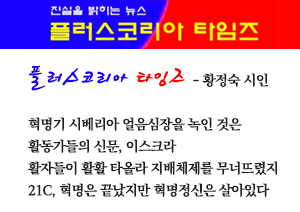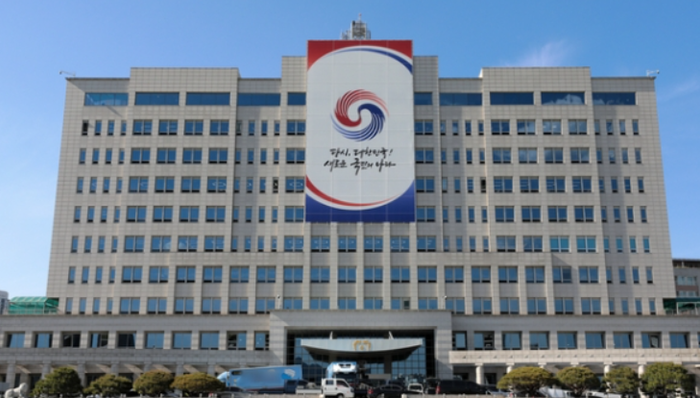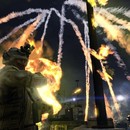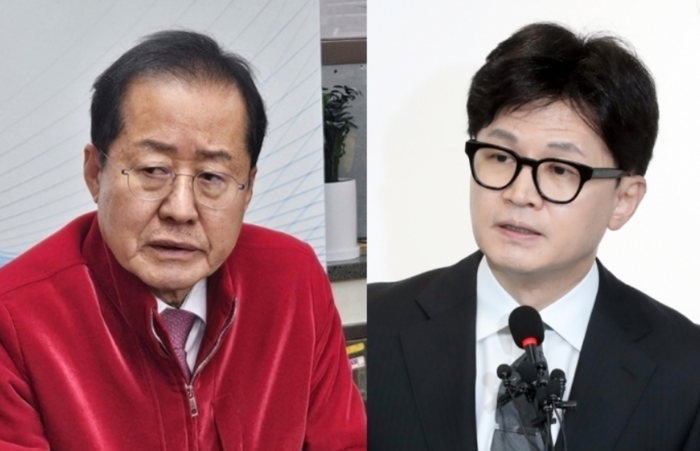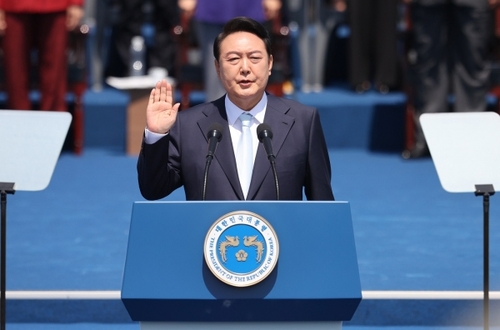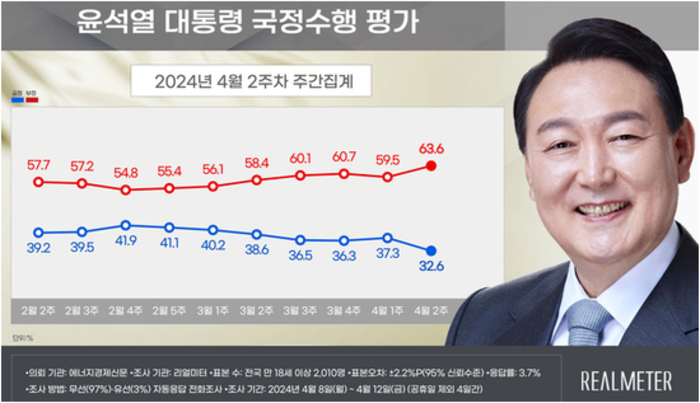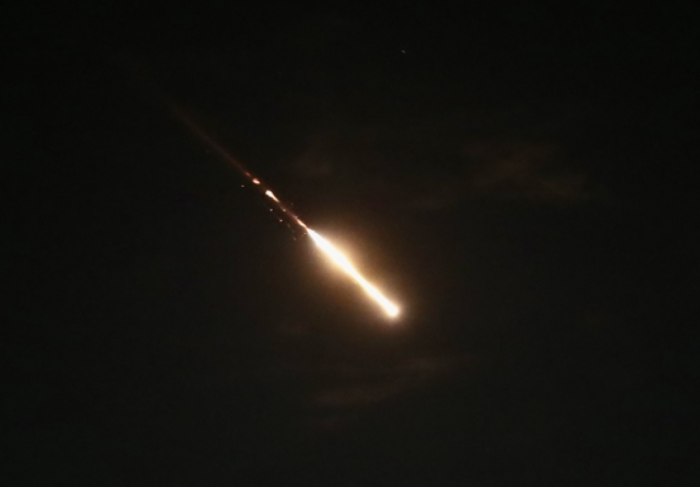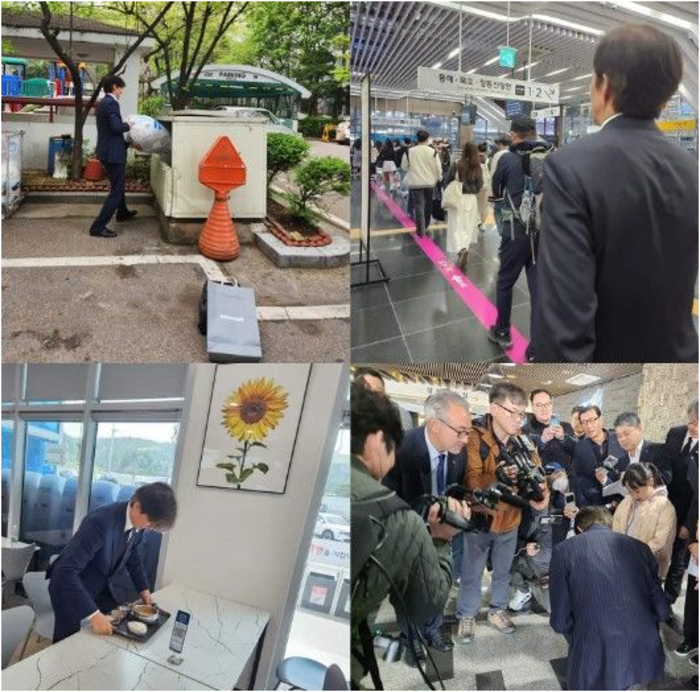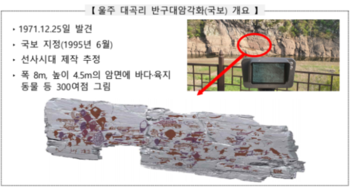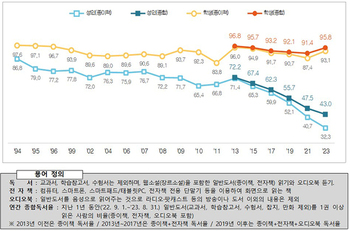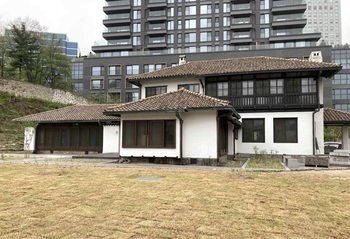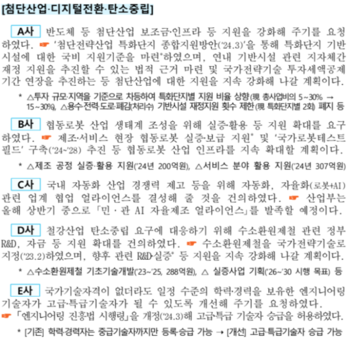미국의 북한여행 금지는 간첩짓을 할 수 없어서 일까?
미국무부, 북한여행 금지조치 발효 "위반시 벌금형과 최대 징역 10년형"
미국의 북한여행 금지는 간첩짓을 할 수 없어서 일까?미국무부, 북한여행 금지조치 발효 "위반시 벌금형과 최대 징역 10년형"[플러스코리아타임즈=이성민 기자] 미국은 자국의 여권을 가진 사람은 북한으로의 여행을 금지한다고 미 국무장관 이름으로 발표했다. 그러나 미국민과 세계인들은 북한을 여행하고 싶다는 반응이다. 이는 북한의 특수한 상황을 알고 싶은 호기심이 아닐까?
미 국무부는 “앞으로 미 여권 소지자가 정부의 허가 없이 북한을 방문할 경우 여권을 무효처리하고 중범으로 간주해 형사처벌을 진행할 것”이라며 “이를 어길 경우 벌금형과 더불어 최대 10년형의 징역이 선고될 것”이라고 경고했다.
그러나 미국의 북한여행 금지는 그동안 북한에서 일어난 미국인들의 간첩행위가 들통나 억류된 인원만 16명이라고 밝힌 점은 미국의 입장이 북한에서 간첩행위를 할 수 없어서 취해진 조치가 아니냐는 의혹이 있다.
이와 관련 미 상원은 “北 여행 금지”…와 함께 개성공단 재개 반대 법안을 발의했다. 남의 나라에 대한 내정간섭이라는 주장이 제기되고 있는 것이다.(http://news.kbs.co.kr/news/view.do?ncd=3520236)
다음은 미국무부가 북한 여행 금지에 대해 발표한 전문과 요약문.
미 국무부는 미국 시민들이 북한(조선 민주주의 인민 공화국)을 여행하지 말 것을 강력하게 경고한다. 체포와 장기간의 미국 시민의 구금 위험이 심각하기 때문에 국무 장관은 미국 여권을 사용하여 2017 년 9 월 1 일 금요일, CFR 51.63에 따라 북한으로, 여행하십시오. 그 후 미국 여권으로 북한을 여행하고자 하는 사람은 22 CFR에 따라 특별 여권 유효 확인을 받아야합니다. 51.64 및 그러한 유효성 확인은 매우 제한된 상황에서만 허용됩니다.
이 통지에는 2017 년 9 월 1 일부터 북한을 통과하거나 통과하는 미국 여권의 사용 제한에 대한 정보가 포함되어 있으며 2017 년 5 월 9 일자 여행 경고가 대체됩니다.
북한 당국은 미국에서 범죄로 간주되지 않는 행동에 대해 지나치게 가혹한 처벌을 가하고 "북한의 전시법"에 따라 미국 시민 억류자를 처형하겠다고 위협했다. 미국은 외교관이나 영사관을 유지하지 않기 때문에 미국 정부는 북한의 미국 시민들에게 정상적인 영사 업무를 제공 할 수단이 없다. 스웨덴은 북한을 여행하는 미국 시민에게 제한된 비상 영주권 서비스를 제공하면서 북한의 미국을 보호하는 역할을 합니다. 조선 민주주의 인민 공화국은 평양의 스웨덴 대사관이 요청한 경우에도 북한 영사관 비서 협약에 서명 한 북한과 미국이 있음에도 불구하고 여전히 일상적으로 미국 시민에 대한 영사관 이용을 연기하거나 거부합니다.
지난 10 년 동안 적어도 16 명의 미국 시민이 북한에 억류되어있다. 북한 당국은 독립적으로 여행 한 사람들과 조직 된 여행의 일부인 사람들을 구금했다. 단체 여행이나 여행 가이드를 사용한다고해서 구금이나 체포를 막을 수는 없습니다. 북한의 과거 구금을 예방하거나 해결하기위한 민간 관광 업체의 노력은 성공적이지 못했다고 말했다.
North Korea Travel Warning
The Department of State strongly warns U.S. citizens not to travel to North Korea/the Democratic People’s Republic of Korea (DPRK). Due to the serious and mounting risk of arrest and long-term detention of U.S. citizens, the Secretary of State restricted the use of U.S. passports to travel into, in, or through North Korea effective Friday, September 1, 2017, per C.F.R. 51.63. Persons who wish to travel to North Korea on a U.S. passport after that time must obtain a special passport validation under 22 C.F.R. 51.64, and such validations will be granted only under very limited circumstances.
This notice includes information about the restriction on the use of U.S. passports to travel to, through, or in North Korea effective September 1, 2017, and replaces the Travel Warning dated May 9, 2017.
North Korean authorities have imposed unduly harsh sentences for actions that would not be considered crimes in the United States and have threatened U.S. citizen detainees with being treated in accordance with “wartime law of the DPRK.” Since the United States does not maintain diplomatic or consular relations with North Korea, the U.S. government has no means to provide normal consular services to U.S. citizens in North Korea. Sweden serves as the protecting power for the United States in North Korea, providing limited emergency consular services to U.S. citizens traveling in North Korea. The DPRK still routinely delays or denies consular access to U.S. citizens, even when requested by the Swedish Embassy in Pyongyang, and despite North Korea and the United States both being signatories to the Vienna Convention on Consular Relations.
At least 16 U.S. citizens have been detained in North Korea in the past ten years. North Korean authorities have detained individuals who traveled independently and those who were part of organized tours. Being a member of a group tour or using a tour guide will not prevent detention or arrest. Efforts by private tour operators to prevent or resolve past detentions in the DPRK have not been successful.
Pursuant to the Secretary of State’s determination, published in the Federal Register on August 2, 2017, that North Korea’s arbitrary system of law enforcement poses an imminent danger to the physical safety of U.S. nationals, U.S. passports may be used to travel into, through, or from North Korea after September 1, 2017, only if they contain a special validation. Please see Passport for Travel to North Korea for more information. Using a U.S. passport in violation of these restrictions could result in criminal penalties. In addition, the Department may revoke a passport used in violation of these restrictions. For additional information on the validation see the Federal Register published here. If you decide to enter North Korea, you should have no expectation of privacy. All electronic and multimedia devices including USB drives, CDs, DVDs, mobile phones, tablets, laptops, Internet browsing histories, and cookies are subject to search for banned content.
If DPRK authorities permit you to keep your mobile phone when you enter the country, it will not function unless you use the DPRK mobile service, which will enable DPRK authorities to monitor your calls. GPS-trackers and satellite phones are not allowed.
Possession of any media, either physical or electronic, that is critical of the DPRK government or its leaders is considered a criminal act punishable by long-term detention in hard labor camps and heavy fines.
In North Korea, the following – whether done knowingly or unknowingly – have been treated as crimes:
Numerous foreigners have been held in North Korea for extended periods of time without being formally charged with a crime. Detained foreigners have been questioned daily for several weeks without the presence of counsel and have been compelled to make public statements and take part in public trials.
The DPRK funnels revenue from a variety of sources to its nuclear and weapons programs, which it prioritizes above everything else, often at the expense of the well-being of its own people. It is entirely possible that money spent by tourists in the DPRK goes to fund these programs. We would urge all travelers, before travelling to the DPRK, to consider what they might be supporting.
The DPRK remains one of the most heavily sanctioned countries in the world. U.S. citizens traveling to North Korea should familiarize themselves with all applicable sanctions relating to the country, particularly U.S. sanctions. To learn more about U.S. sanctions on the DPRK, see the Department of Treasury’s Office of Foreign Assets Control (OFAC).
The Department of State remains deeply concerned about the DPRK’s ongoing, systematic, and widespread human rights violations. To learn more about North Korea’s deplorable human rights situation, see the DPRK Country Report on Human Rights Practices for 2016.
The United States and the United Nations Security Council have expressed grave concern regarding North Korea’s recent nuclear tests, ballistic missile launches, and other activities prohibited by United Nations Security Council Resolutions. UN Security Council statements from May 2017 are posted on the UN website.
As a result of concerns arising from unannounced missile launch activities and GPS navigation systems interference and/or disruption, the Federal Aviation Administration (FAA) has issued a Prohibition and Advisory notice to U.S. airmen and operators. The FAA has issued Special Federal Aviation Regulation (SFAR) 79 which prohibits U.S. civil aviation from flying in the Pyongyang Flight Information Region (FIR) west of 132 degrees east longitude, and the FAA has advised those flying in and around the Pyongyang (FIR) east of 132 degrees east longitude to be aware of possible GPS interruptions. For more information, U.S. citizens should consult the Federal Aviation Administration’s Prohibitions, Restrictions and Notices. For further information:
If you provide information to the U.S. Embassy in Beijing or the Swedish Embassy in Pyongyang, officials will be able to locate you more easily in an emergency. Take note of the contact details for the Swedish embassy in case of an emergency.
<저작권자 ⓒ pluskorea 무단전재 및 재배포 금지>

|
연재
많이 본 기사
|



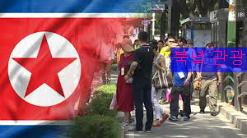

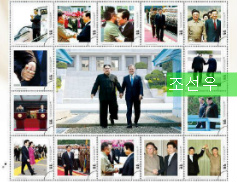


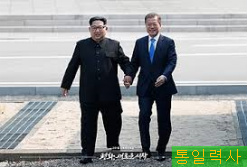







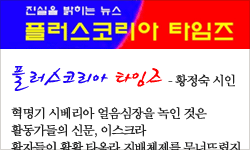


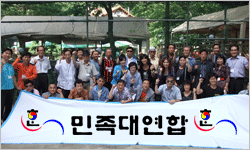
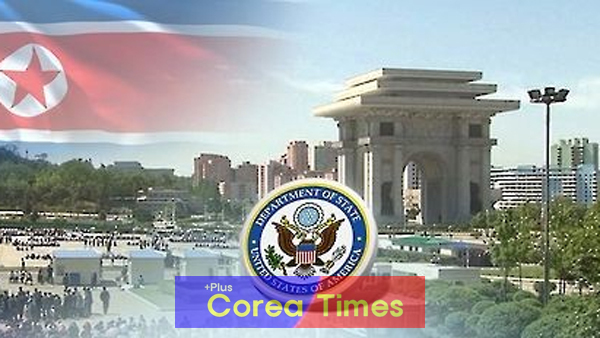
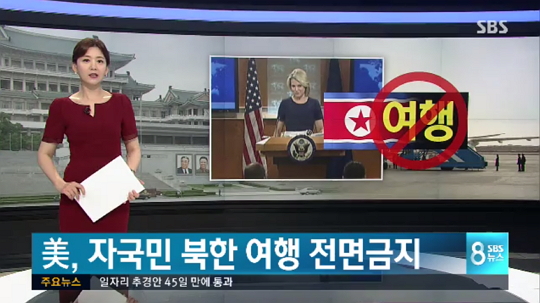





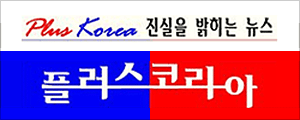
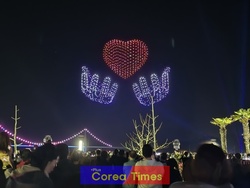
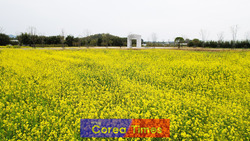
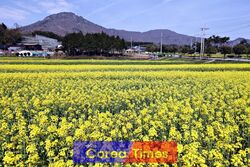

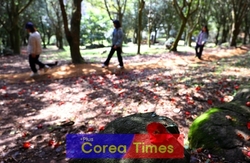
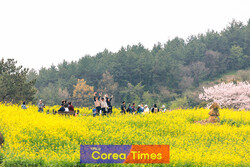


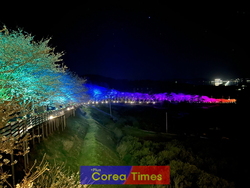

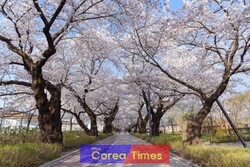

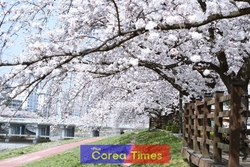

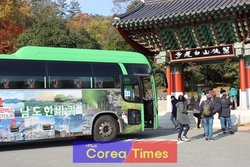
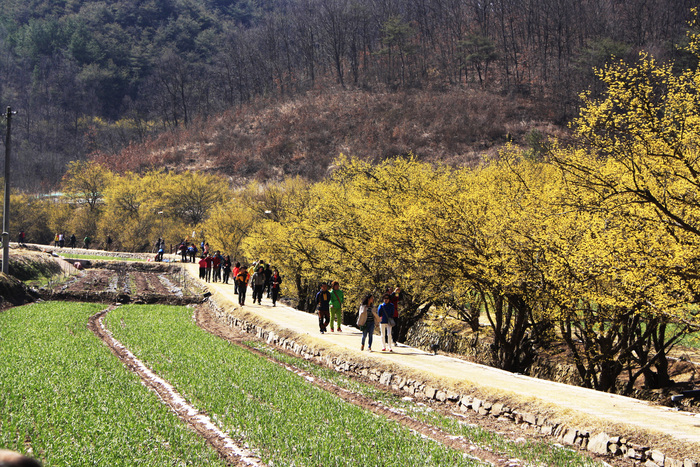
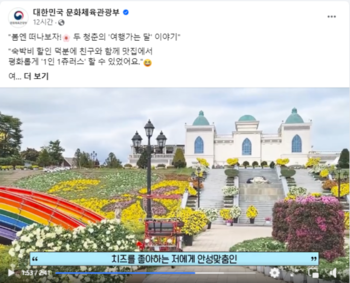
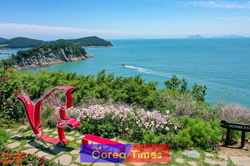
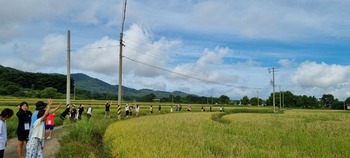
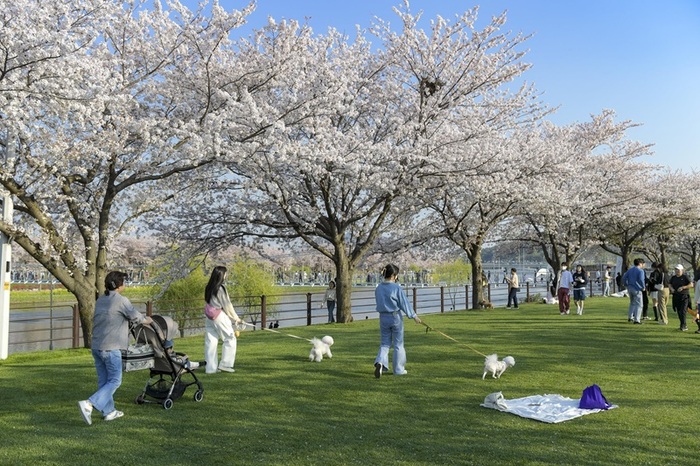

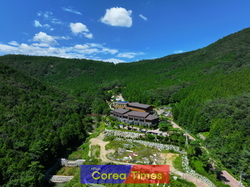

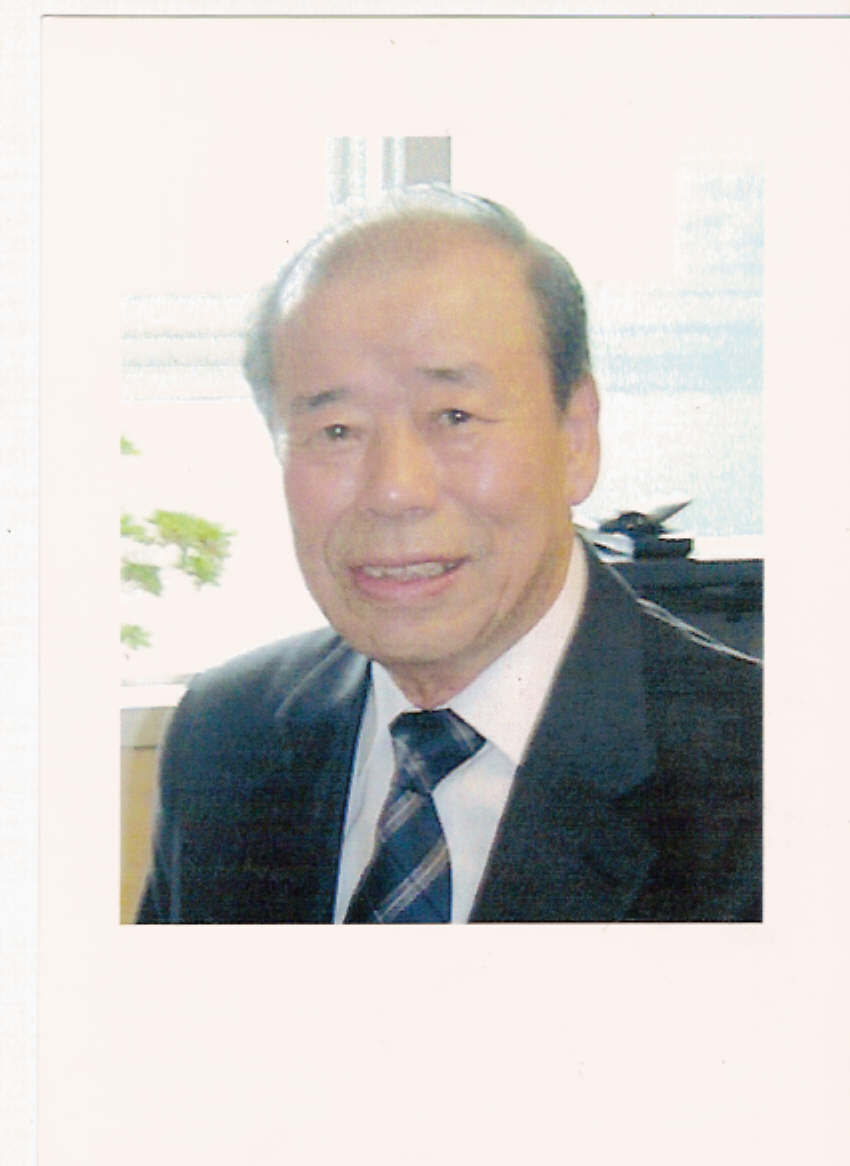
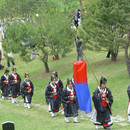


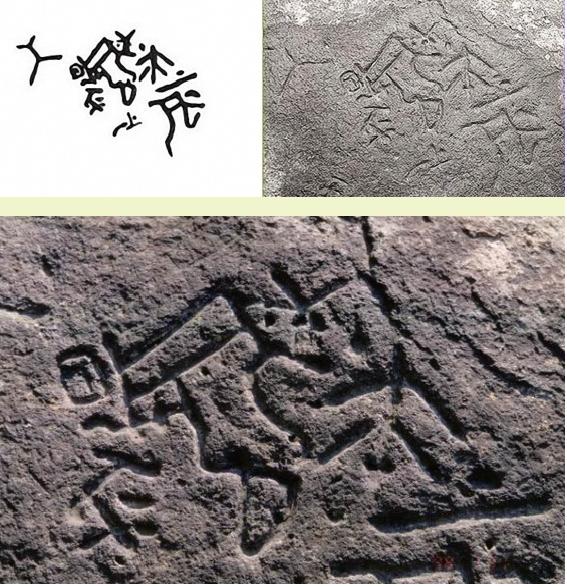
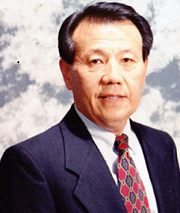
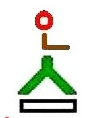
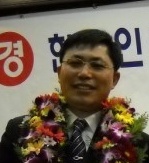



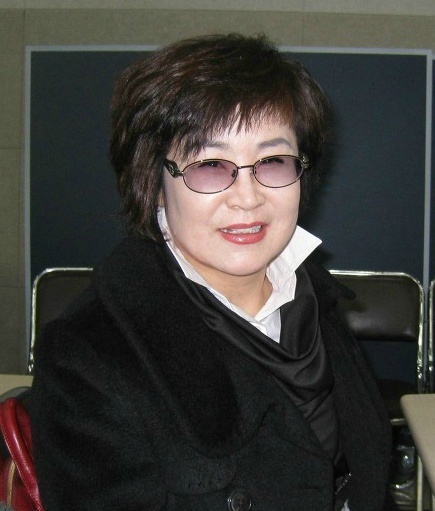


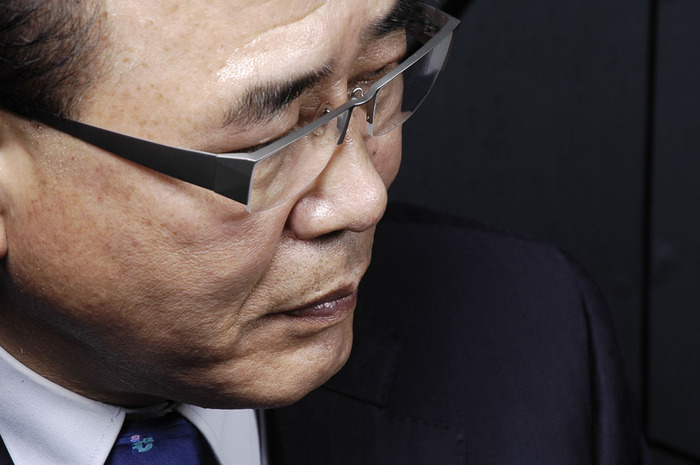




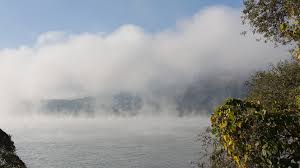
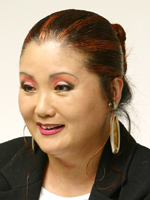
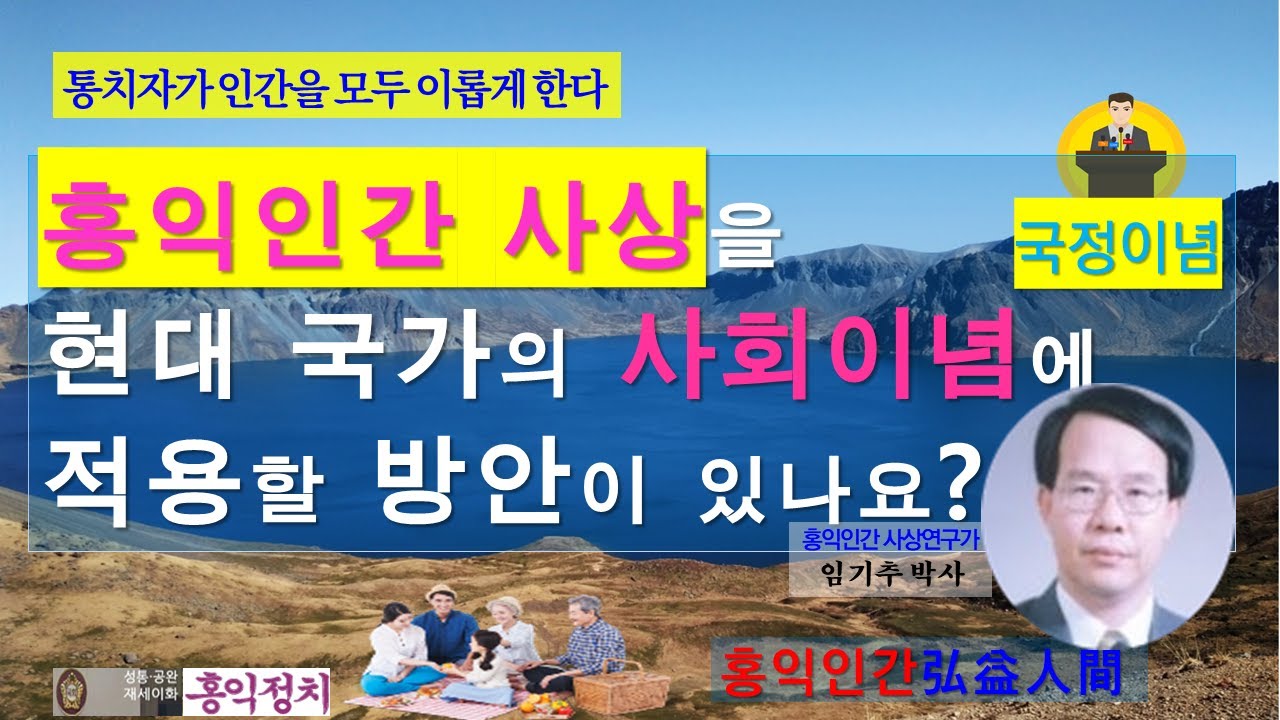
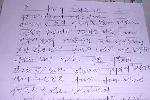
 '잊혀진 계절'누굴위해 존재하는가
'잊혀진 계절'누굴위해 존재하는가
